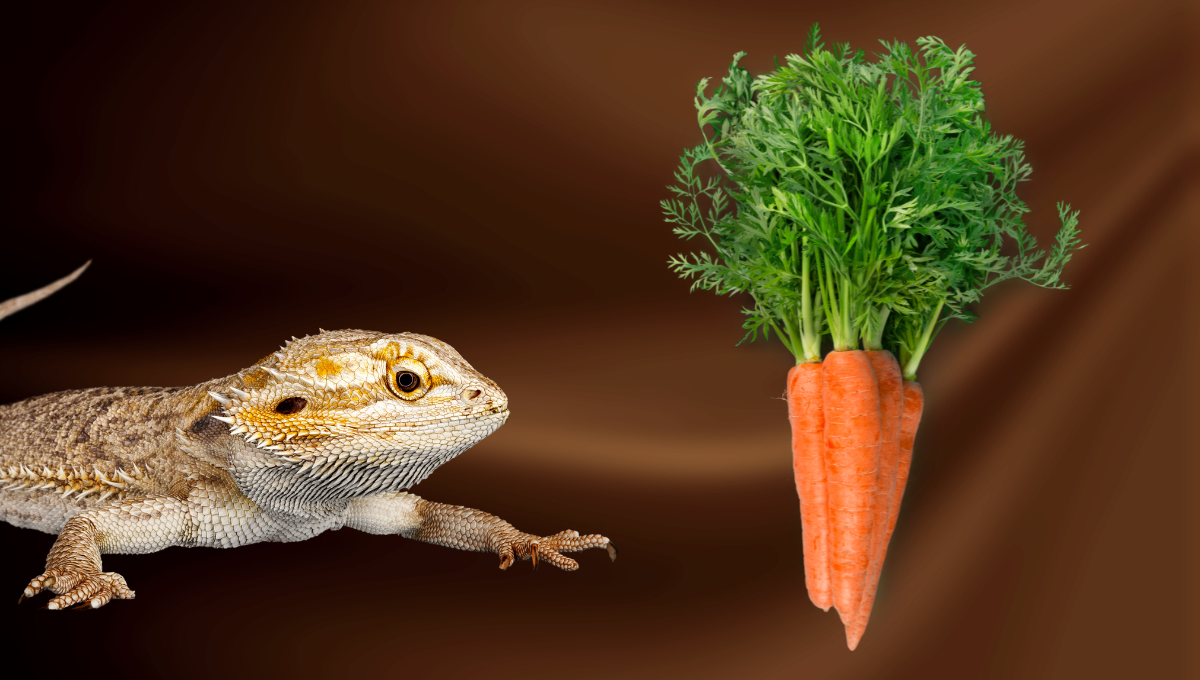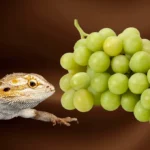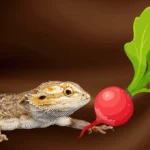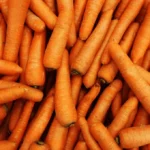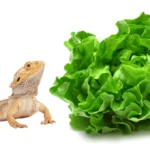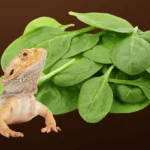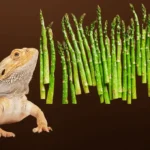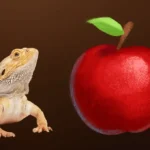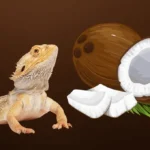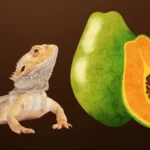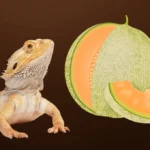Bearded dragons are omnivores, which means they require a varied diet that includes insects, vegetables, fruits, and greens. Maintaining a balanced diet is crucial for their health and well-being. Green beans are a popular vegetable in human diets, but are they suitable for bearded dragons?
In this article, we’ll explore the nutritional benefits, potential risks, and guidelines for incorporating green beans into your bearded dragon’s diet.
Nutritional Profile of Green Beans
Green beans, also known as string beans, are a nutritious vegetable that offers several benefits. Here’s a breakdown of their nutritional content and how it can impact your bearded dragon:
Vitamins in Green Beans
- Vitamin A: Essential for vision, immune function, and skin health. Green beans provide a moderate amount of vitamin A, which supports various bodily functions in bearded dragons.
- Vitamin C: Acts as an antioxidant, supports the immune system, and aids in collagen production. Green beans are a good source of vitamin C, which can enhance your bearded dragon’s immune health.
- Vitamin K: Important for blood clotting and bone health. Green beans contain vitamin K, contributing to the overall health of your pet.
Minerals in Green Beans
- Calcium: Necessary for bone health and muscle function. Green beans contain calcium, but not in high amounts compared to other vegetables. They should be complemented with other calcium-rich foods.
- Iron: Vital for oxygen transport in the blood and overall energy levels. Green beans provide a moderate amount of iron.
- Magnesium: Supports muscle and nerve function and contributes to bone health. Green beans contain magnesium, which supports overall well-being.
Fiber Content
Green beans are high in dietary fiber, which aids digestion and helps prevent constipation. The fiber content supports regular bowel movements and contributes to digestive health.
Water Content
Green beans have a high water content, which helps with hydration. While they contribute to overall hydration, they should not replace other hydrating foods or fresh water.
Benefits of Feeding Green Beans to Bearded Dragons
Including green beans in your bearded dragon’s diet can offer several benefits when done in moderation:
1. Nutritional Variety
Green beans add variety to your bearded dragon’s diet, which helps prevent nutritional deficiencies and keeps mealtime interesting.
2. Digestive Health
The fiber in green beans supports digestive health by promoting regular bowel movements and preventing constipation.
3. Hydration
The high water content in green beans contributes to hydration, which is essential for maintaining overall health.
Risks and Considerations When Feeding Green Beans
While green beans can be a beneficial addition, there are some risks and considerations to keep in mind:
1. High Oxalate Content
Green beans contain oxalates, which can bind to calcium and reduce its absorption. A diet high in oxalates can contribute to kidney stones or other health issues over time. It is important to balance green beans with other calcium-rich foods to avoid potential problems.
2. Potential for Gas and Bloating
The fiber and complex carbohydrates in green beans can cause gas and bloating in some bearded dragons. Monitor your pet for any signs of digestive discomfort after introducing green beans into their diet.
3. Risk of Overconsumption
Feeding green beans in excessive quantities can lead to an imbalanced diet. They should be offered as an occasional treat rather than a regular part of the diet.
4. Preparation Concerns
Raw green beans can be tough and difficult for bearded dragons to chew. It’s best to cook or steam green beans to make them easier to digest. Avoid adding any salt, seasonings, or other additives.
How to Safely Feed Green Beans to Bearded Dragons
To safely include green beans in your bearded dragon’s diet, follow these guidelines:
1. Offer in Moderation
Feed green beans as an occasional treat rather than a staple of their diet. A small amount, such as a few chopped pieces, is sufficient. Overfeeding can lead to nutritional imbalances.
2. Prepare Properly
Cook or steam green beans to soften them and make them easier to digest. Ensure they are free from any added salt, seasonings, or other additives. Chop the beans into small, manageable pieces to prevent choking hazards.
3. Balance with Other Foods
Green beans should be part of a balanced diet that includes a variety of other foods, such as insects, vegetables, and greens. This ensures that your bearded dragon receives all necessary nutrients.
4. Monitor for Adverse Reactions
Observe your bearded dragon after introducing green beans into their diet. Watch for any signs of digestive discomfort, changes in behavior, or adverse reactions. If any issues are noticed, discontinue feeding green beans and consult a veterinarian if needed.
Alternative Vegetables for Bearded Dragons
If you’re looking for other vegetables to include in your bearded dragon’s diet, consider these options:
| Vegetable | Nutritional Benefits | Feeding Frequency |
|---|---|---|
| Carrots | High in vitamin A and beta-carotene | 2-3 times a week |
| Sweet Potatoes | Rich in vitamins A and C, high in fiber | 2-3 times a week |
| Squash | Provides vitamins A and C, low in fat | 2-3 times a week |
| Zucchini | Low in calcium but high in water | 2-3 times a week |
| Bell Peppers | Rich in vitamins A and C | 2-3 times a week |
These alternatives offer various nutritional benefits and can be included as part of a well-rounded diet for bearded dragons.
Summary of Green Beans’ Nutritional Value
| Nutrient | Amount in Green Beans | Benefit |
|---|---|---|
| Vitamin A | Moderate | Supports vision and immune function |
| Vitamin C | Good amount | Acts as an antioxidant and supports immune health |
| Calcium | Moderate | Essential for bone health and muscle function |
| Iron | Moderate | Supports oxygen transport in the blood |
| Fiber | Present | Aids in digestion and prevents constipation |
Conclusion
Green beans can be a healthy addition to a bearded dragon’s diet when fed in moderation. They offer various nutritional benefits and can add variety to their meals. However, due to their oxalate content and potential digestive issues, green beans should not be a primary food source. By preparing green beans properly and including them as part of a balanced diet, you can contribute to your bearded dragon’s overall health and well-being.
